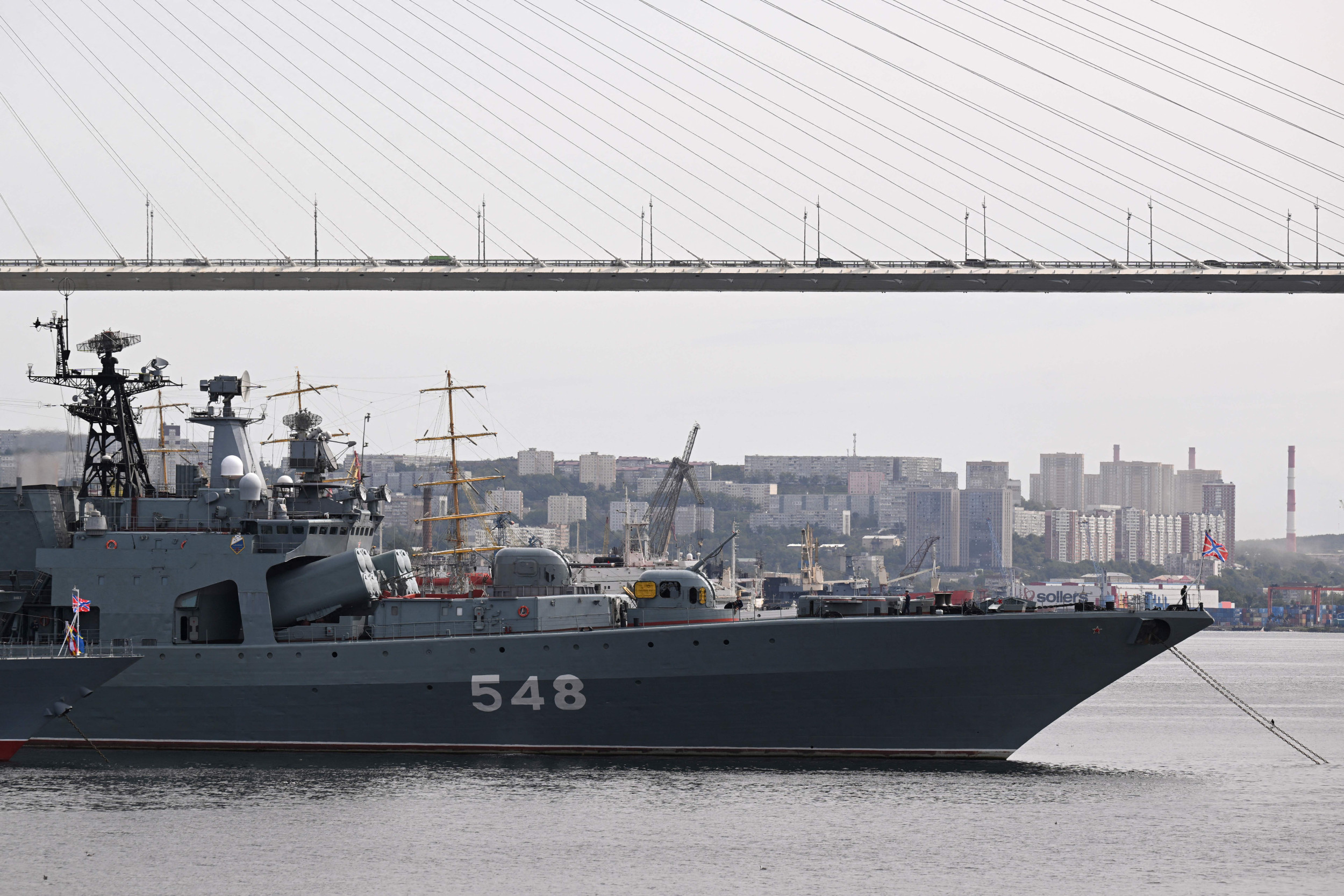Kremlin spokesperson Dmitry Peskov has said there can be no successful peace talks in Ukraine unless Kyiv and its Western partners accept Russia's claimed annexation of the partially-occupied Ukrainian territories of Donetsk, Luhansk, Kherson, and Zaporizhzhia.
After 10 months of fighting, there appears no appetite for peace talks on either side. Peskov on Wednesday dismissed the Ukrainian proposal to organize a "peace summit" at the United Nations in February.
"To begin with, so far, there is no Ukrainian 'peace plan' of any kind," Peskov said in reference to the proposed U.N. peace summit, according to Russia's state-run Tass news agency.
"And again, no Ukrainian 'peace plan' is possible if it does not take into account the modern reality; with Russia's territory, with four new regions joining Russia," Peskov said. "Any plan that does not take into account these circumstances cannot claim to be a peace plan."

Moscow claims to have annexed Donetsk, Luhansk, Kherson, and Zaporizhzhia in September. Phony referenda were used to justify the Russian takeover, as in the annexation of Ukraine's Crimean peninsula in 2014.
The rigged votes were widely condemned. In October, the United Nations General Assembly passed a resolution, backed by 143 member states, calling on nations not to recognize the fake votes. Russia, Syria, Belarus, North Korea, and Nicaragua were the only nations to vote against. China and India were among the 35 nations that abstained.
Moscow and Kyiv hold diametrically opposed positions on the status of these occupied territories. The Kremlin claims to have absorbed the territory into the Russian Federation and has given no indication it is willing to surrender them back to Kyiv's control.
Ukrainian leaders, meanwhile, have said that peace talks cannot even begin until Russian troops return to their pre-February 24 positions, which would mean the full liberation of Kherson and Zaporizhzhia, as well as portions of Luhansk and Donetsk.
Kyiv's ultimate goal is the liberation of all Ukrainian territory per the country's 1991 borders, which would mean Russian withdrawal from all territory occupied since 2014, including Crimea and Donbas. Ukrainian leaders are also demanding reparations, war crime trials for Russian leaders, and NATO membership.
Russian President Vladimir Putin has acknowledged that a peace deal may be required to end the fighting, though he has shown no sign of downgrading Russia's war aims. Ukrainian regime change—under the guise of false "de-Nazification"—and demilitarization still appear central demands for the Kremlin, despite successive battlefield defeats on multiple fronts.
There appears little evidence that Ukraine's Western partners are pushing Kyiv to make concessions in pursuit of peace.
Some European leaders like German Chancellor Olaf Scholz and French President Emmanuel Macron have urged dialogue and security guarantees for Russia, but such interventions appear designed to keep lines of communication with the Kremlin open rather than pressure Kyiv into compromises.
Ukrainian President Volodymyr Zelensky discussed Kyiv's demands with President Joe Biden during his visit to Washington, D.C. last week. At a joint press conference, Biden said the two men "share the exact same vision, and that a free, independent, prosperous, and secure Ukraine is the vision."
"We both want this war to end...And as I've said, it could end today if Putin had any dignity at all and did the right thing and just pulled out. But that's not going to happen."

Uncommon Knowledge
Newsweek is committed to challenging conventional wisdom and finding connections in the search for common ground.
Newsweek is committed to challenging conventional wisdom and finding connections in the search for common ground.
About the writer
David Brennan is Newsweek's Diplomatic Correspondent covering world politics and conflicts from London with a focus on NATO, the European ... Read more





